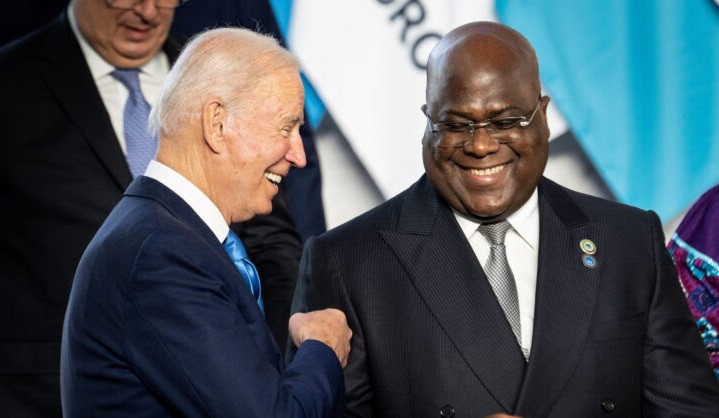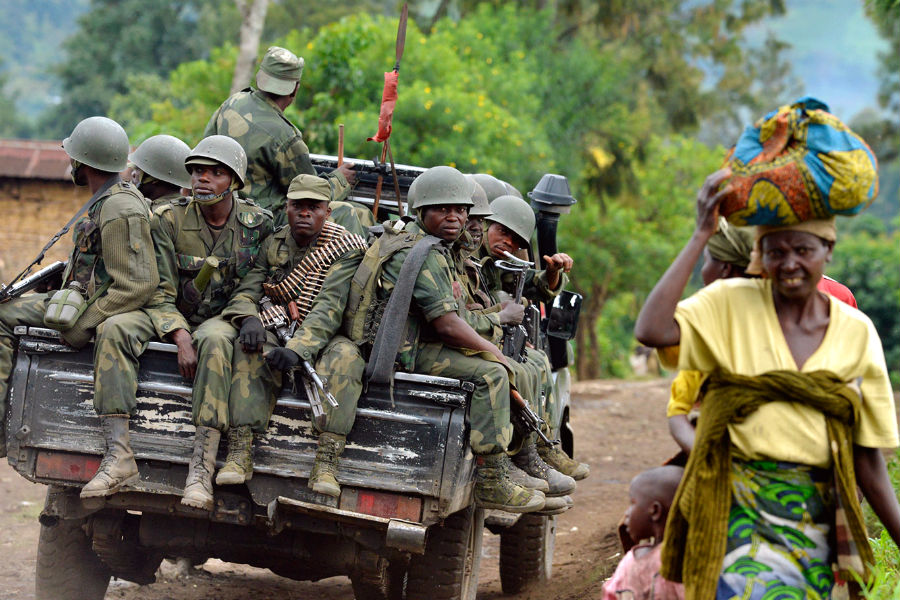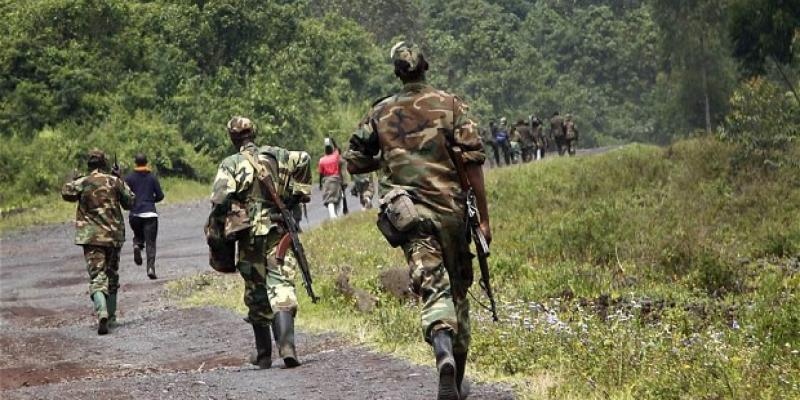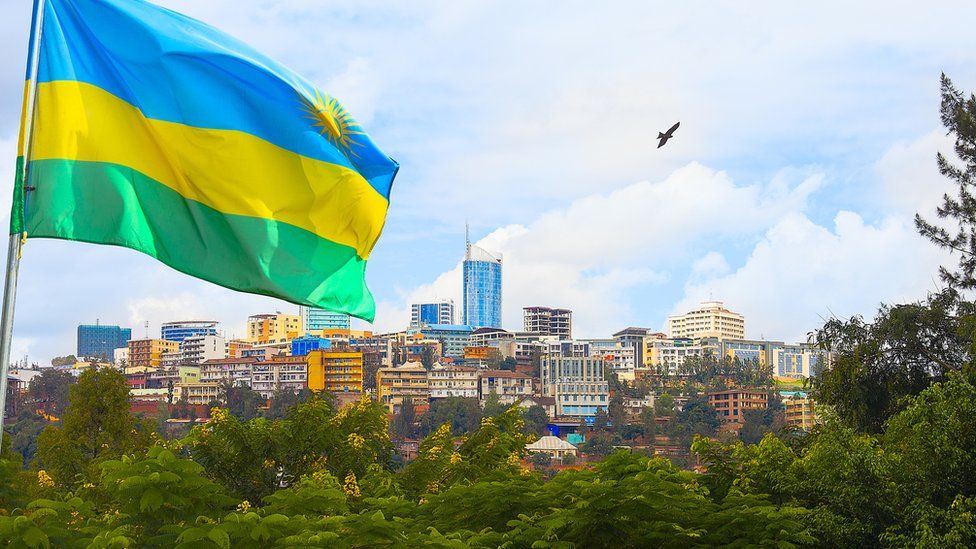Regional
DRC: Talks won’t stop looming Genocide, real action will
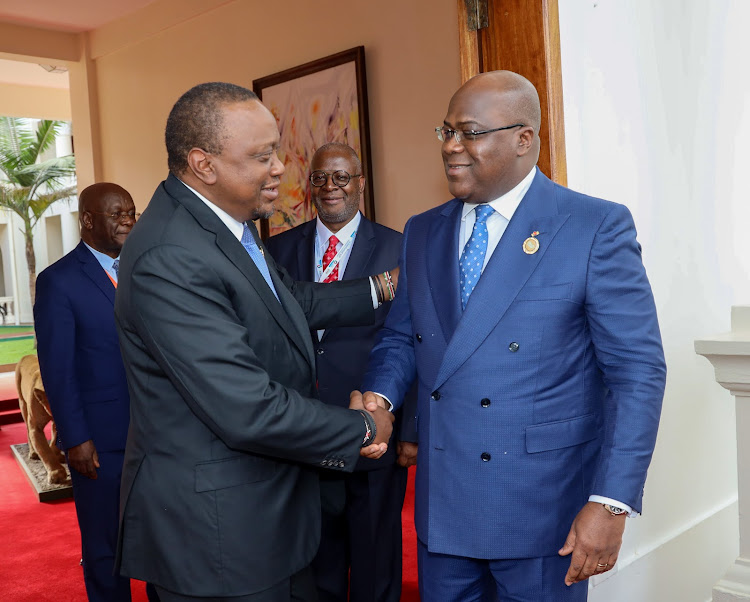
There
is a missing piece in efforts to resolve the conflicts in the east of the Democratic
Republic of Congo. All current efforts are geared at disarmament but not
getting to the bottom of the conflict that dates way back to colonial times.
In
fact, resolutions of the recently concluded third session of the Nairobi
Process only massaged the surface of the problem, showing yet another effort
gone to waste. The Nairobi Process did not address, among other issues, the longstanding
persecution of the Kinyarwanda speaking Congolese and the impending genocide
against the Congolese Tutsi. Any talks, however good they may seem, will not
yield a lasting solution to the tensions in DRC unless they address the root
causes of the grievances.
The
violence in eastern DRC does not have a single cause. A mix of the country’s
governance deficit, endemic corruption, impunity and, the presence of a
genocidal militia – and its dangerous genocide ideology – imported from Rwanda
nearly three decades ago, are the key ingredients of trouble in the country’s
restive eastern region.
Within
the complex setting of the violent conflicts in the east of the country, the
ongoing targeted killing of Kinyarwanda speaking Congolese is hinged on the politically
motivated claim that they are aliens who should be eliminated.
Top
Congolese politicians have not shied away from openly insinuating that the
Tutsi in DRC should go to neighbouring Rwanda where they allegedly belong. This
narrative resonates with what happened in Rwanda from the late 1950s until it
culminated into the 1994 Genocide against the Tutsi.
If
you get to the bottom of a problem, you solve it by finding out its real
cause. But neither the Luanda talks nor the Nairobi process got to the bottom
of the problem.
As
a minority group, Kinyarwanda speaking Congolese were portrayed in Belgian
colonial archives and post-independence political rhetoric as “newcomers” and
“foreign immigrants,” despite the fact that they had lived in what is now
eastern DRC for centuries. This led to their collective status, as Congolese
citizens, being hotly contested by other ethnic groups who consider themselves
“native” Congolese yet the Kinyarwanda speaking Congolese are natives too.
Kinyarwanda
speaking Congolese were attacked across DRC in 1996 and 1998, and massacred in a
Burundian refugee camp in 2004. Such repeated cycles of violence are
exacerbated by calls from political figures, military officers and militia
groups to “wipe out” the Banyamulenge, Congolese Tutsi, and the so-called
“Rwandan descents”, in general. These violent acts escalated since 2021 and are
currently being done on a much wider scale yet there is little or no mention of
these systematic killings in all talks within regional frameworks or even at
the UN Security Council.
To
date, more than 130 armed groups have established bases in eastern DRC. They
include the FDLR, a terrorist group founded by mass murderers – remnants of the
masterminds of the1994 Genocide against the Tutsi. The latter’s threat is its genocide
ideology.
But,
be it the regional East African Force, the UN Mission in DRC, or the Nairobi
Process and Luanda summits, none offers a direct, or realistic, approach to
address the threat posed by FDLR.
This
Rwandan genocidal militia is now working well together with the Congolese army.
The Congolese government and army is overtly, and covertly, cooperating with
the genocidal militia but the international community cares less. The UN
Security Council is silent on the matter yet it, without any doubt, knows what
is going on.
The
on and off regional talks are simply looking at symptoms and not the cause. Without
actually addressing the threat of a looming genocide against Kinyarwanda
speaking Congolese and the FDLR, any solution put forward by the Nairobi
Process or the Luanda mini-summits will not work.
The
M23, which Kinshasa prefers to call terrorists, is actually a peace-loving liberation
force now fighting against a coalition of FARDC and FDLR. The rebels’ aim is to,
among others, protect Kinyarwanda speaking Congolese from a genocide and any
form of persecution. Until the root causes of the violence against Kinyarwanda
speaking Congolese and the FDLR are addressed, any approach to the issue in eastern
DRC is misguided.


.jpeg-20221214055432000000.jpeg)
